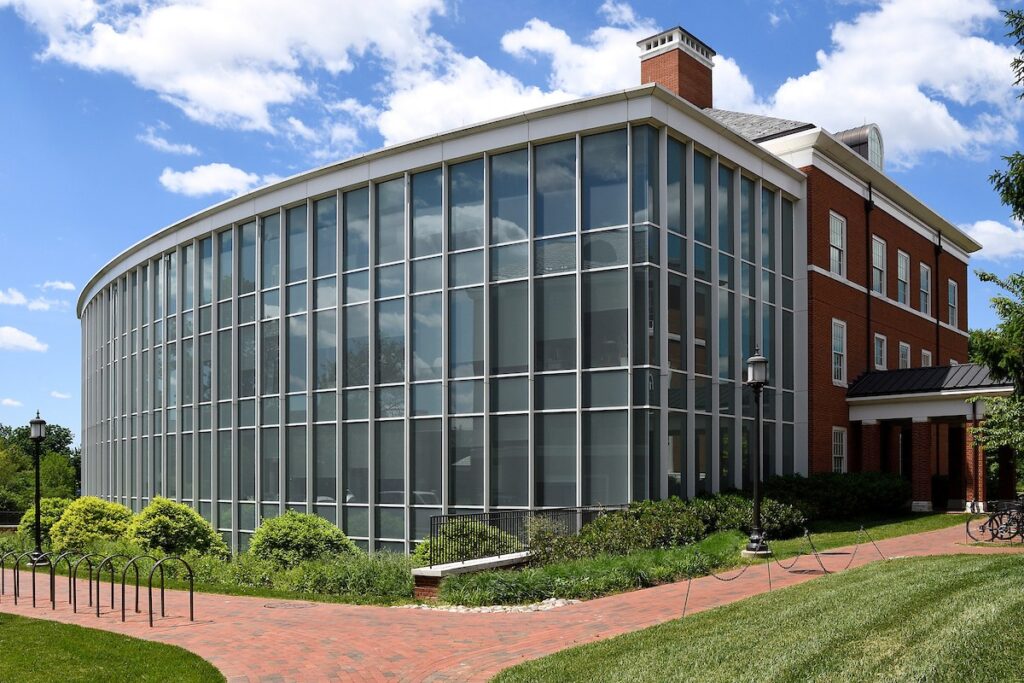Two of the eight interdisciplinary research teams selected by the Johns Hopkins Institute for Assured Autonomy that include Malone Center members are now completing work supported by Challenge Grants that began in 2023. These grants support high-impact projects focused on the existential challenges of assurance and autonomy.
“Building on the success of the IAA’s earlier seed grants—which effectively engaged researchers in addressing the challenges of assuring autonomous and artificial intelligence systems—the Challenge Grants channeled that momentum toward emerging opportunities in transportation, health care, space, and critical infrastructure,” explains James Bellingham, the executive director of the IAA.
A team led by Chien-Ming Huang, a John C. Malone Assistant Professor of Computer Science at the Whiting School of Engineering, and Ariel Greenberg, a senior staff scientist and project manager at the Applied Physics Laboratory, studied the conceptual and technological advances required to enable artificial agents to act with prosocial intent. Focused on designing machines that seek opportunities to help while preventing harm, the team explored how much sensitivity artificial agents need to determine whether they understand a scene well enough to intervene ethically without human guidance.
Swaroop Vedula, an associate research professor at the Malone Center, Kimia Ghobadi, the John C. Malone Assistant Professor of Civil and Systems Engineering, and Richard Day, the director of the Precision Medicine Center of Excellence in Patient Safety and Quality at the Johns Hopkins School of Medicine, led a team focused on redesigning the delivery of critical care in operating rooms and intensive care units where acute, complex, task-dense, and high-risk care is delivered. The team believes that incorporating AI into health care settings, the training, performance, and satisfaction of staff will lead to higher quality care at lower costs.
Learn more about the rest of the Challenge Grant teams here.
